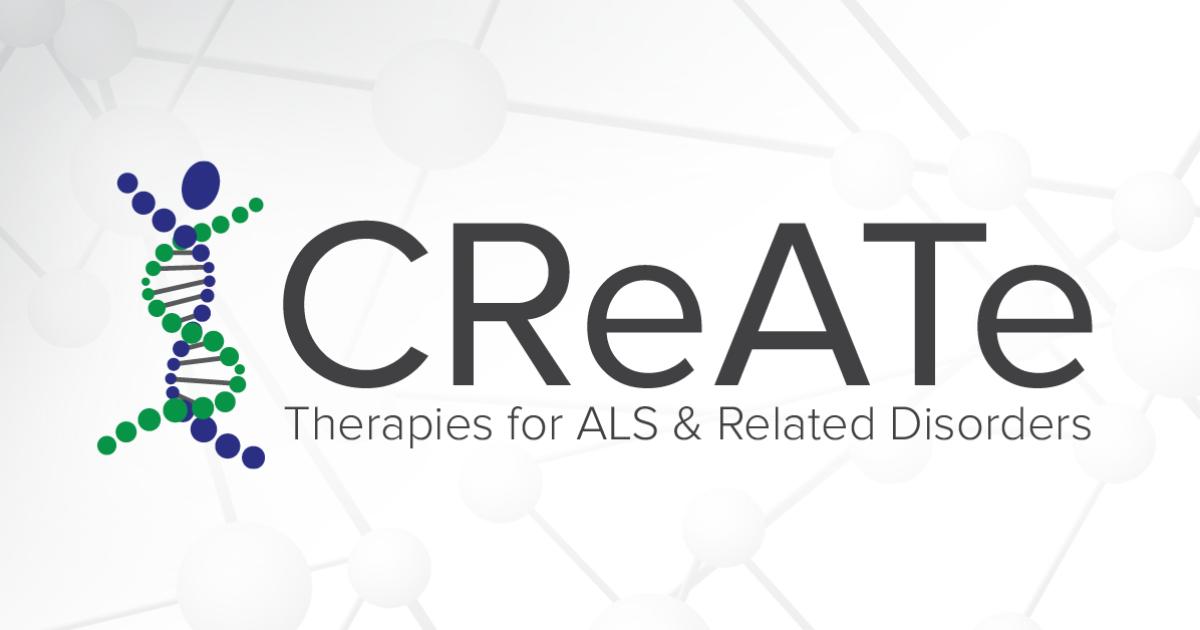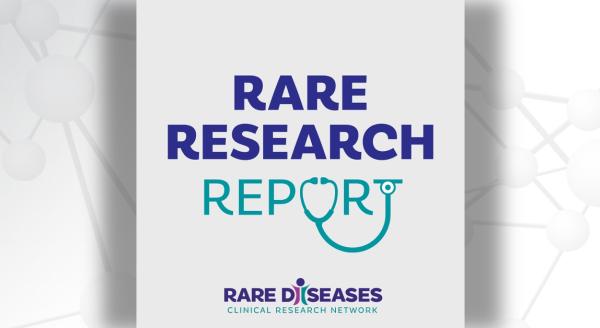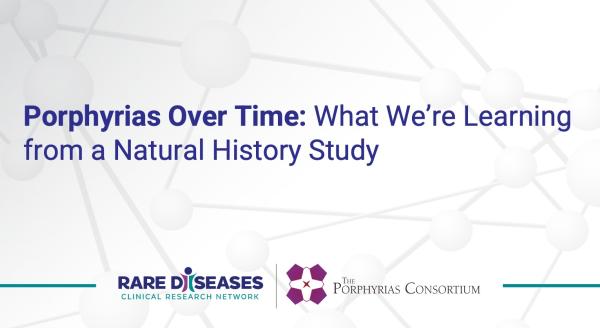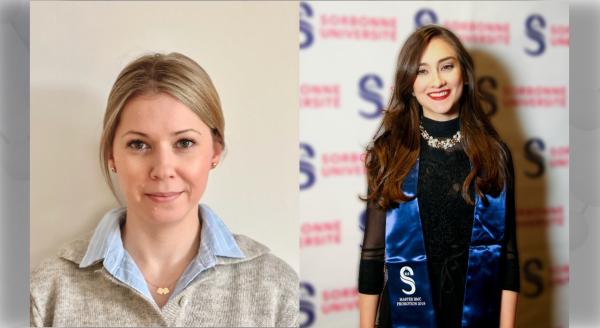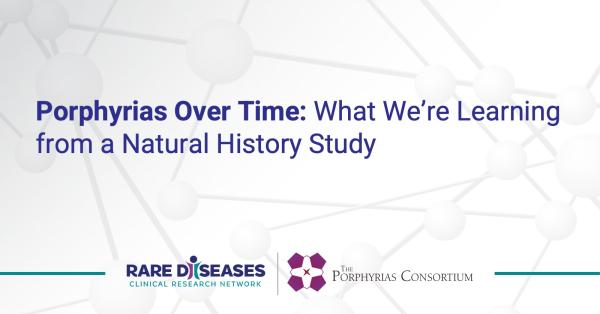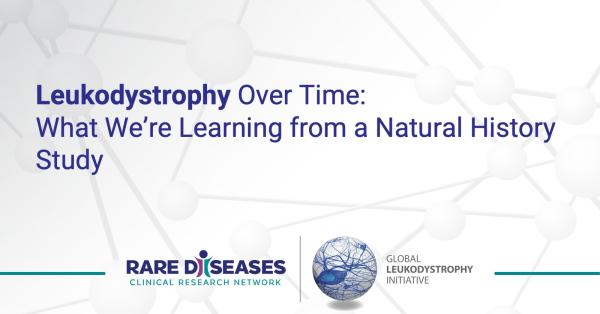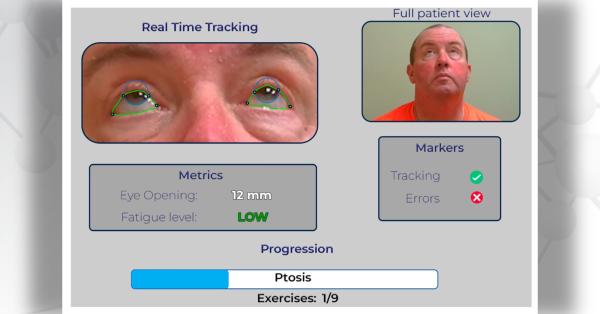The goal of the Clinical Research in ALS and Related Disorders for Therapeutic Development (CReATe) Consortium is to advance therapeutic development for sporadic and familial forms of amyotrophic lateral sclerosis (ALS), frontotemporal dementia (FTD), primary lateral sclerosis (PLS), multisystem proteinopathy (MSP), hereditary spastic paraplegia (HSP), and progressive muscular atrophy (PMA). These six disorders are linked by their shared degenerative nature; their common phenotype of motor neuron and frontotemporal system dysfunction; their shared genetic susceptibility; the common pathological substrate of TDP-43 deposition; and the overlap in their underlying biology. The CReATe consortium aims to support this goal through study of the relationship between clinical phenotype and underlying genotype, and also through the discovery and development of biomarkers.
The consortium is under the direction of Michael Benatar, MD, PhD, of the University of Miami. It includes sites at Duke University; the University of Kansas Medical Center; the University of California at San Diego; California Pacific Medical Center; the University of Tübingen, Germany; the University of Iowa; the University of Pennsylvania; the Ohio State University; the University of Texas Southwestern; the University of Texas Health Sciences Center San Antonio; the University of Toronto; and the Mayo Clinic in Jacksonville, Florida.
Current Studies
Enrollment is open for CReATe's inaugural study, The Phenotype-Genotype and Biomarker Study, a prospective study of approximately 700 patients with ALS, FTD, PLS, PMA, MSP, and HSP. This study is predicated upon the increasing recognition that therapeutics in neurodegenerative diseases are most likely to be successful when targeted at specific disease subtypes, characterized, for example, by underlying genotypic similarities, biological mechanisms or phenotypic characteristics. As such, the goals of this initial study are threefold:
- to better understand the genetic contribution to ALS and related neurodegenerative disorders;
- to prepare for a future of clinical trials in which potential treatments will be tested in patients who share certain characteristics such as a specific genetic cause of disease;
- to develop biological markers that will aid testing of novel therapeutics.
The first two goals will be accomplished by combining detailed information about the clinical symptoms and signs of disease (phenotype) with an in-depth understanding of an individual's genetic make-up (genotype). The third goal will be accomplished by laboratory testing of biological samples (blood, urine and spinal fluid) that are collected from study participants. Although the study protocol does not specifically involve testing any new treatments, all study procedures are directly relevant to therapeutic development.
In support of the goal to advance the development and validation of biomarkers relevant to therapy development, CReATe, in partnership with The ALS Association, is also supporting biomarker pilot projects, with funds awarded through an annual RFA. As needed, CReATe also supports these pilot studies with biological samples collected through other ongoing studies. Currently funded projects include:
- Urinary p75 Neurotrophin Receptor as Biomarker of ALS Disease Progression. Principal Investigator: Mary-Louise Rogers, Flinders University, Adelaide.
- Development of a single-molecule detection assay for the dipeptide repeat proteins generated by the C9ORF72 repeat expansion, the most common genetic cause of ALS and FTD. Principal Investigator: Adrian Isaacs, University College, London.
- Characterization of innate lymphoid cells, which are increased in the blood of ALS patients. Principal Investigator: Benjamin Murdoch, University of Michigan, Ann Arbor.
Access to the CReATe repository of biological samples is also open to the broader scientific community to support biomarker discovery and validation.
Fellowship Training Program
CReATe also supports a fellowship training program, providing funding for highly promising young clinician investigators and PhDs who wish to focus their careers either on clinical research in ALS and related disorders, or on some aspect of basic biology relevant to therapy development. Marka van Blitterswijk, MD, PhD, at the Mayo Clinic in Jacksonville was the 2015 recipient of a CReATe fellowship with a project entitled "Characterization of Transthyretin as Biomarker for ALS and Related Disorders due to Repeat Expansions in C9ORF72." Zane Zeier, PhD, at the University of Miami is the 2016 CReATe fellow with a project entitled "The role of KDM4 histone demethylases in C9orf72 related ALS."
Outreach, Education, and Enrollment Efforts
Crucial to all our efforts is a partnership with patients and families. To that end, we have developed CReATe Connect, a contact registry that allows patients and family members to learn about CReATe research studies they may be able to join. Participation is free, completely voluntary, and can be revoked at any time.
CReATe also features original content articles for both patients/families and for physicians, providing valuable context and new insights about diseases, biomarkers, and therapy development. Recent articles have explored the role of RNA in disease pathogenesis, the importance of clinical trials, and the value of data sharing.
CReATe's latest addition to our educational effort is our Virtual Journal Club. This novel webinar program features the author of a recent important paper, discussing its major findings and answering questions. In our first webinar, Dr. Avindra Nath of the National Institute of Neurologic Diseases and Stroke presented his study of the role of retroviruses in motor neuron disease, published in Science Translational Medicine. Starting in 2016 we will ask patients and families who are enrolled in the CReATe Connect to help us select topics for our original content articles and our Virtual Journal Clubs. In this way, they will be empowered to have an even greater role in directing our educational efforts.
We are fortunate to work with several excellent patient advocacy groups including the ALS Association, the Muscular Dystrophy Association, the Spastic Paraplegia Foundation, the Association for Frontotemporal Dementia, PatientsLikeMe, Prize4Life, and other relevant organizations such as the National ALS Registry. These groups help us spread the word about new opportunities in CReATe, and some have even helped to fund our projects. We are looking forward to a very exciting 2016!

